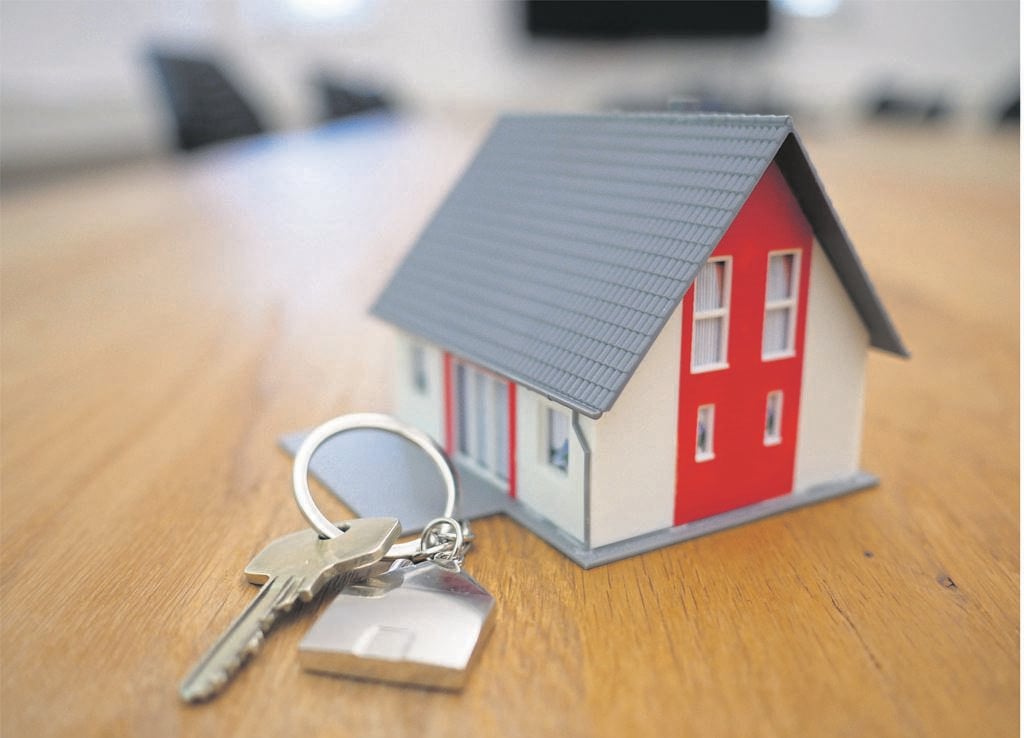
Think twice before you buy a home to rent, especially if you plan to rely on it for an income, experts have warned.
Even though rentals are increasing steadily again, with the prospect of further growth over the next few months, landlords face sky-high municipal and maintenance costs, and then there are tenants with fluctuating incomes who either do not pay or pay late. Your rental property could, therefore, become a liability rather than an asset.
Johan Reyneke, who owns rental property in and around Johannesburg, says:
Since 2017, Reyneke has been letting out apartment blocks in Berea, Hillbrow, Turffontein and Lombardy East. The Covid-19 pandemic saw him lose almost R400 000 in rent.
“People who owed me months of rent because they supposedly could not work just left overnight,” he says.
Carel de Wit, CEO of Indluplace Properties, a company that rents out apartments in Gauteng, says there have been major movements in the rental market that have made it a volatile business environment.
READ: Should I cash in my retirement funds to rent out rooms?
“We rent to working families who have been under a lot of pressure. Many people moved out.”
The vacancy rate of flats has improved slightly, from a high of 13.1% at the end of 2020 to an average of 8.8% in the second quarter of this year. However, the rate at which flats are vacant is still much higher than the average of 5.3% that it was in the years between 2017 and 2019, Kobus Lamprecht, head of publications and research at real estate consultants Rode and Associates, said in the firm’s latest report on the state of property in South Africa.
The rental market was hit hard by the pandemic, and tenants who usually paid their rent punctually became defaulters overnight. It recovered when people were able to return to work after the strictest lockdown measures were eased, but even that figure is not yet at the level it was before the pandemic.
Residential figures from the TPN Credit Bureau show the number of tenants whose rents were up to date decreased from 81.4% in the fourth quarter of last year to 80.78% in the first quarter of this year.
TPN attributes this to the financial pressures facing South Africans, including food price inflation and record high fuel prices. According to TPN, rents increased by 1.93% in the first quarter of the year and are expected to increase further for the rest of the year as inflation forces landlords to cover costs. This makes it difficult to find a balance between a decent rental income and occupancy.
The bureau warns that landlords will have to realise that it could become a challenge to get rent on time in the future.
READ: Five predictions for the future of residential property rental
John Loos, a real estate economist at FNB, expects rental income to rise over the course of the year to keep pace with consumer inflation. This is because the demand for rental property usually increases as interest rates are pushed up.
In addition, no new rental property is being added to the market because the type of home that is bought to let has decreased significantly.
In FNB’s latest survey among real estate agents, it is shown that only 6% of property is bought to let, says Loos.
“In the boom period around 2004, the buy-to-let buyers were 25%.”
FNB expects the SA Reserve Bank to raise interest rates by another 1.25 percentage points over the course of the year, and by half a percentage point next year so that the prime lending rate will eventually rise to 10% again.
A large part of the buyer market for rental property takes out mortgages, and will therefore be put off by higher interest rates, Loos said.
So although the rental market is recovering because of higher demand and limited supply, the extent to which landlords will earn higher rents will be limited because consumers are under pressure.
Angela Rivers, general manager at the Johannesburg Property Owners and Managers Association, which represents property owners and building managers in the city centre, says the vacancy rate in Johannesburg is significantly higher than the national average.
According to the Rode report, it was the second highest in the country at 10.1% in the second quarter of the year. The highest vacancy rate is in Durban, where it is 14%.
The increases in vacancy rates in the Johannesburg metro over the past 14 years has been far above the inflation rate, which has made things difficult for tenants and landlords. Between 2008 and this year, the city council’s levies on services such as electricity, water, waste removal and sanitation rose far above the increases in household income. Increases totalled 385% over a period of 14 years, compared with household income, which increased by 119%. Landlords have no choice but to transfer some of the tariff increases to tenants.
Rivers said:




 Publications
Publications
 Partners
Partners








